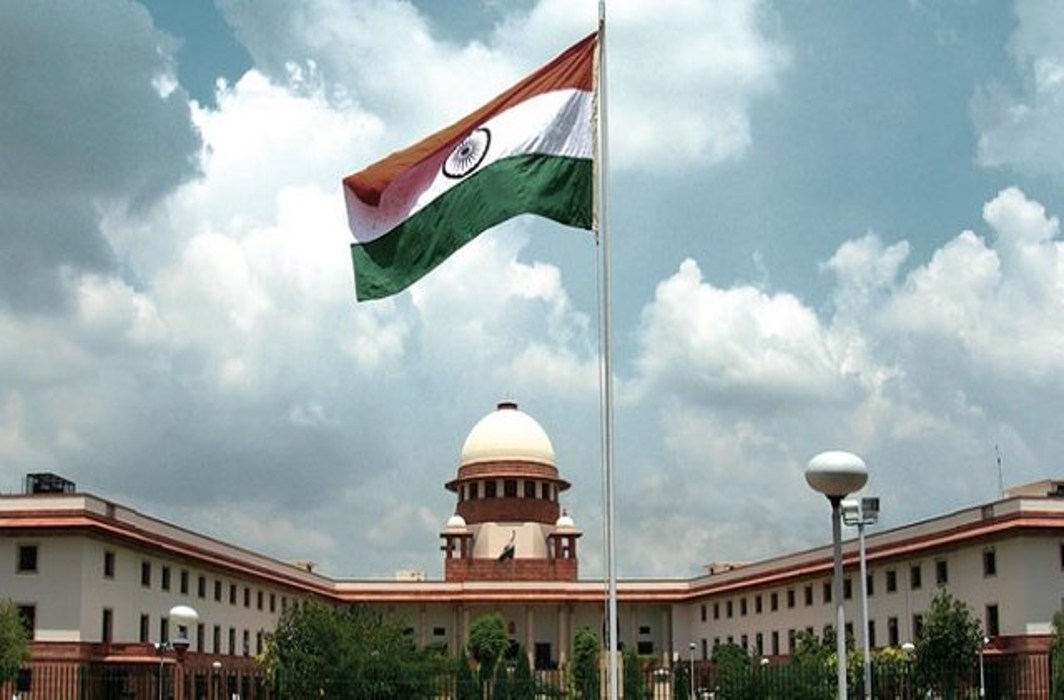The Supreme Court on Friday deferred the hearing on new TRAI amendments, which put the cap on the MRP of individual channels, till August 18.
The bench of Chief Justice N. V. Ramana and Justice Surya Kant was hearing the plea of the Indian Broadcasting Foundation (IBF) against the Bombay High Court verdict, which had upheld the constitutionality of the amended New Tariff Order (NTO 2.0) passed by the Telecom Regulatory Authority of India (TRAI).
The Bench remarked, “I am not going to take up this matter today. The petitioners have filed 200 volumes of file. Yesterday, we had to engage a lorry to carry large volumes of files. You all sit together and file a brief compilation.”
The bench ordered to list the matter on August 18.
On June 30, the Bombay High Court had upheld the Telecom Regulatory Authority of India (TRAI’s) amendments to the New Tariff Order that outlines how TV channels should be priced, which the regulator issued in January, 2020.
The Bombay High Court‘s observation that broadcasters have a right to freedom of speech and expression, but it is not absolute, infringes on their fundamental right to freedom of speech, they said.
IBF, a unified representative body of television broadcasters in India, had moved the Bombay high Court against TRAI’s amended new tariff order (NTO), soon after it came out in January, 2020. Meanwhile, the telecom regulator had filed caveats in all major high courts against issuing a stay without hearing what it has to say in the matter. The Broadcasters that had come together under the IBF umbrella to take on TRAI included Star India, Zee Entertainment Enterprises Ltd and Sony Pictures Networks.
According to the new tariff order, consumers can choose the TV channels they want to watch and pay only for them at maximum retail prices (MRPs) set by broadcasters, instead of the pre-set bouquets offered earlier. The new tariff order was expected to make channels cheaper for the consumer and offer more choice. However, on ground, the opposite happened as the cost of like-to-like channel options went up.
To bring down the cost of entertainment for the end consumer, the TRAI had announced amendments to the NTO on January 1, 2020. As part of the new amendments, TRAI reduced the cap on the MRP of individual channels, which can form part of any bouquet to Rs 12 from Rs 19 per month, which the IBF said had not been backed by any logical rationale or consumer insight. The regulator also sought to impose twin conditions for bouquet formation, effectively introducing a cap on bouquet pricing, which broadcasters felt would limit the number of channels in the bouquet and reduce the value delivered to consumers.
Also Read: Delhi High Court issues notice to CBI, ED on plea challenging Section 44(1) (c) of PMLA
By upholding NTO 2.0, though it did strike down one of the pricing conditions, media experts said the High Court verdict would essentially compel broadcasters to either lower prices of channels offered on a la carte basis or reduce the number of channels they offer as part of a bouquet. The resultant possible shift by customers to a la carte channels (because of lower prices) would lead to greater precedence for mass-driven channels and not bode well for niche, English language or infotainment genres.


